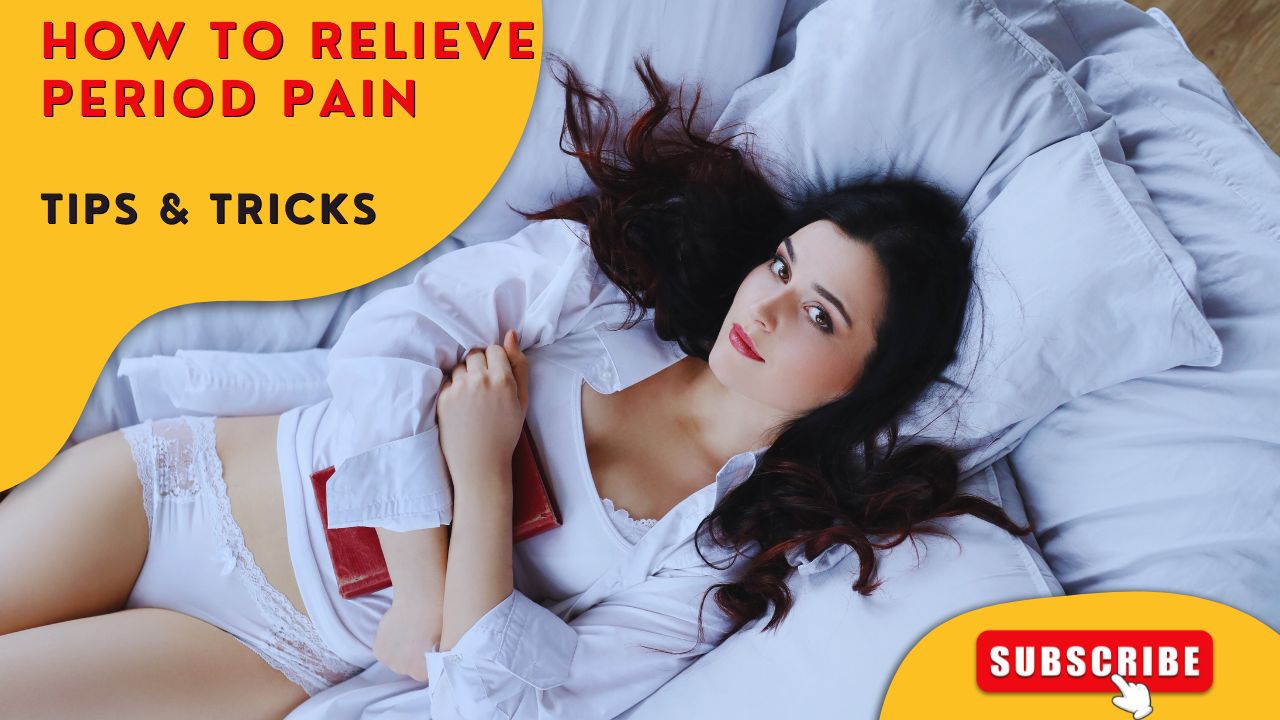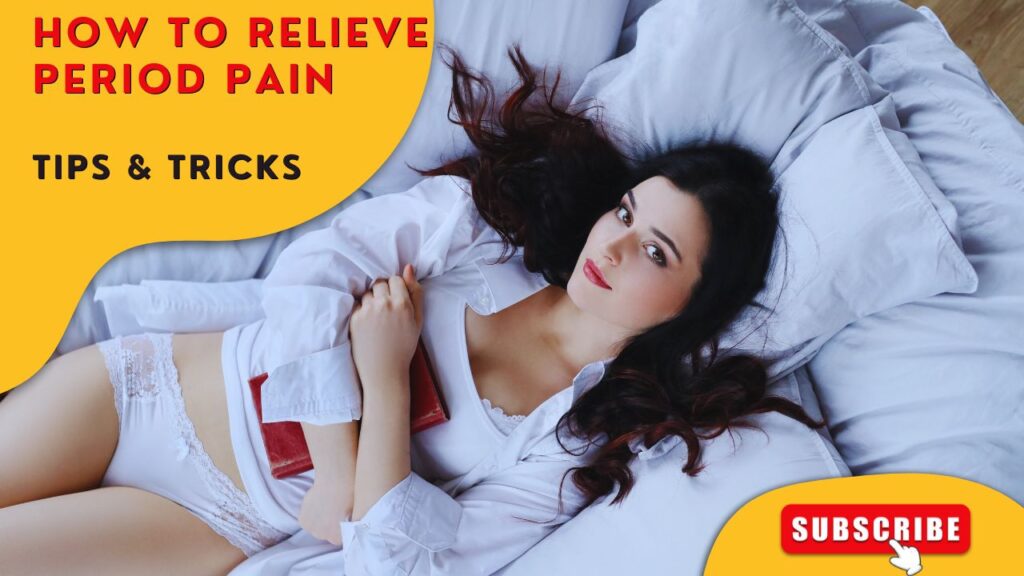Effective Strategies for Comfort
Period pain, also known as dysmenorrhea, affects a significant number of menstruating individuals, becoming a common concern. Discomfort can range from mild to severe, often interfering with daily activities. Fortunately, there are many methods to relieve this pain, allowing you to manage your menstrual cycle more easily. In this comprehensive guide, we’ll explore different strategies for relieving period pain, focusing on natural and medical methods
Understanding Period Pain
Before diving into remedies, it’s important to understand what causes period pain. During menstruation, the uterus contracts and tears its lining. These contractions are stimulated by hormone-like substances called prostaglandins. Higher levels of prostaglandins are associated with more severe menstrual cramps. Other factors such as uterine fibroids, endometriosis and pelvic inflammatory disease can also contribute to period pain.
Natural Remedies for Period Pain
Heat Therapy
- Heat Pads and Warm Baths: Applying heat to your lower abdomen can relax the muscles and improve blood flow, reducing pain. Use a heating pad or take a warm bath to soothe cramps.
- Warm Drinks: Drinking warm liquids like herbal teas can also have a relaxing effect on your muscles and help alleviate discomfort.
Herbal Teas
- Chamomile Tea: Known for its anti-inflammatory properties, chamomile tea can help reduce menstrual cramps and promote relaxation.
- Ginger Tea: Ginger has pain-relieving properties and can reduce the severity of menstrual cramps. It can also help with nausea that sometimes accompanies period pain.
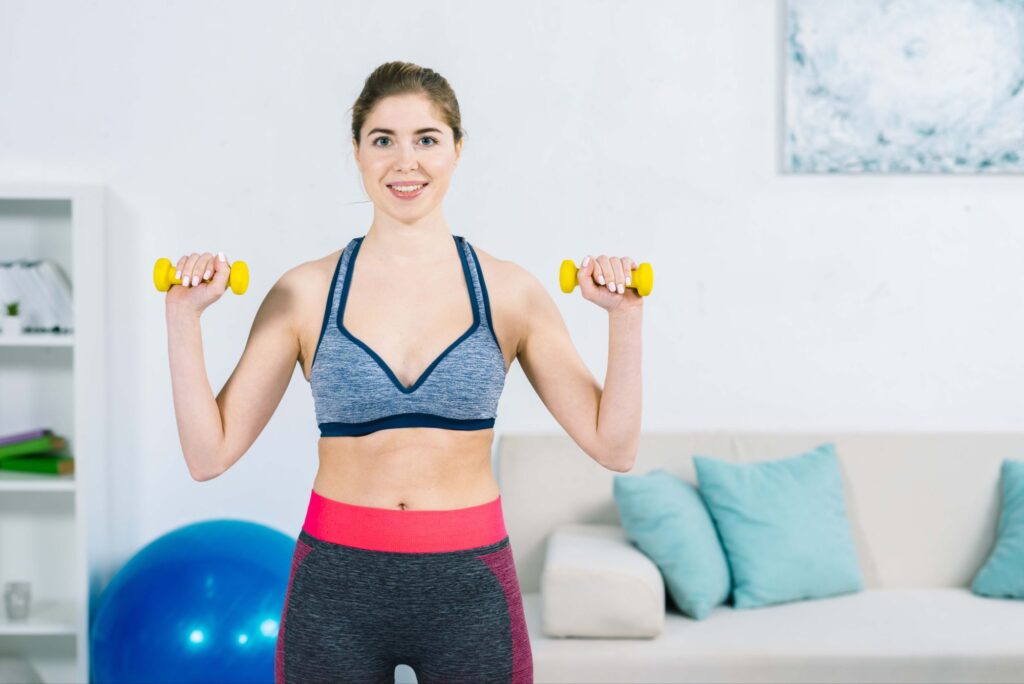
Exercise and Physical Activity
- Light Exercise: Activities such as walking, swimming, or yoga can increase blood flow and reduce cramps. Exercise releases endorphins, which act as natural painkillers.
- Stretching: Gentle stretching exercises targeting the abdominal and pelvic areas can provide relief from tension and cramps.
Dietary Adjustments
- Anti-inflammatory Foods: Incorporate foods rich in omega-3 fatty acids, such as salmon and flaxseeds, to reduce inflammation. Leafy greens, nuts, and fruits are also beneficial.
- Hydration: Drinking plenty of water can prevent bloating and ease period pain. Avoid caffeinated and sugary drinks, which can exacerbate symptoms.
Essential Oils
- Lavender and Clary Sage: These essential oils have been shown to reduce menstrual pain when used in aromatherapy or diluted and applied to the abdomen.
- Massage: Gently massaging the lower abdomen with essential oils can help relieve muscle tension and cramps.
Medical Approaches to Relieve Period Pain
Over-the-Counter Pain Relief
- Nonsteroidal Anti-Inflammatory Drugs (NSAIDs): Medications such as ibuprofen and naproxen can effectively reduce menstrual cramps by lowering prostaglandin levels.
- Acetaminophen: While not as effective as NSAIDs, acetaminophen can also provide pain relief for mild cramps.
Hormonal Birth Control
- Oral Contraceptives: Birth control pills can regulate or even eliminate periods, leading to reduced menstrual pain.
- Intrauterine Devices (IUDs): Hormonal IUDs release progestin, which can thin the uterine lining and reduce menstrual cramps.
Prescription Medications
For severe period pain that does not respond to over-the-counter treatments, your doctor may prescribe stronger pain medications or hormonal treatments.
Lifestyle and Behavioral Changes
Stress Management
- Meditation and Mindfulness: Practicing mindfulness techniques can help manage stress and reduce the perception of pain.
- Breathing Exercises: Deep breathing exercises can promote relaxation and alleviate tension.
Sleep and Rest
Ensuring you get adequate sleep and rest during your period can help your body cope better with pain. Establish a regular sleep routine and create a relaxing bedtime environment.
Avoiding Triggers
- Dietary Triggers: Some people find that certain foods, like dairy or processed foods, can worsen cramps. Keeping a food diary can help identify and avoid these triggers.
- Lifestyle Factors: Smoking and excessive alcohol consumption can increase the severity of menstrual cramps. Reducing or eliminating these habits can lead to significant improvement.
When to Seek Medical Help
While many find relief through natural and over-the-counter methods, some may experience severe period pain that significantly impacts their quality of life. If your period pain is debilitating, it’s essential to seek medical advice. Conditions such as endometriosis, fibroids, or pelvic inflammatory disease require medical diagnosis and treatment.
Final Thoughts
Managing period pain is a multifaceted approach that includes lifestyle changes, natural remedies, and medical treatments. By understanding your body and exploring different strategies, you can find the methods that work best for you. Whether it’s through the soothing warmth of a heating pad, the calming effects of herbal teas, or the pain-relieving benefits of medications, relief is possible. Always consult with a healthcare provider for persistent or severe pain to ensure there are no underlying conditions that need addressing.

Weight Loss Exercises at Home
INTRODUCTION In today’s fast-paced world, finding time to go to the gym can be challenging. However, that doesn’t mean you can’t achieve your fitness
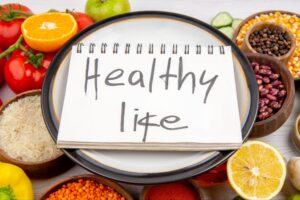
Healthy Lifestyle Tips: A Comprehensive Guide to Better Living
INTRODUCTION Living a healthy lifestyle is more than just a trend; it’s a commitment to improving your overall well-being and longevity. With the rise of

The Stark Reality of Work Depression and Death in India
INTRODUCTION Job depression is a silent epidemic that is sweeping many parts of the world and India is no exception. The modern work environment, economic

The Milestone of Modern Medicine: The First Successful Human Head Transplant
INDRODUCTION In the ever-evolving field of medical science, breakthrough achievements constantly reshape our understanding of what is possible. One of the most amazing and controversial
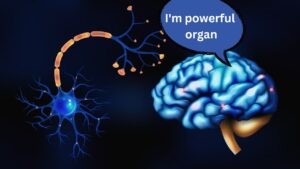
How to Boost Your Brain Power: Proven Strategies for Mental Clarity and Focus
INTRODUCTION In today’s fast-paced world, maintaining optimal brain health is more important than ever. Whether you’re a student cramming for exams, a professional juggling multiple

The Ultimate Guide to an Effective Skin Care Routine At Home
INDRODUCTION In the pursuit of glowing and healthy skin, an effective skin care routine is paramount. With the plethora of products and advice available, understanding
